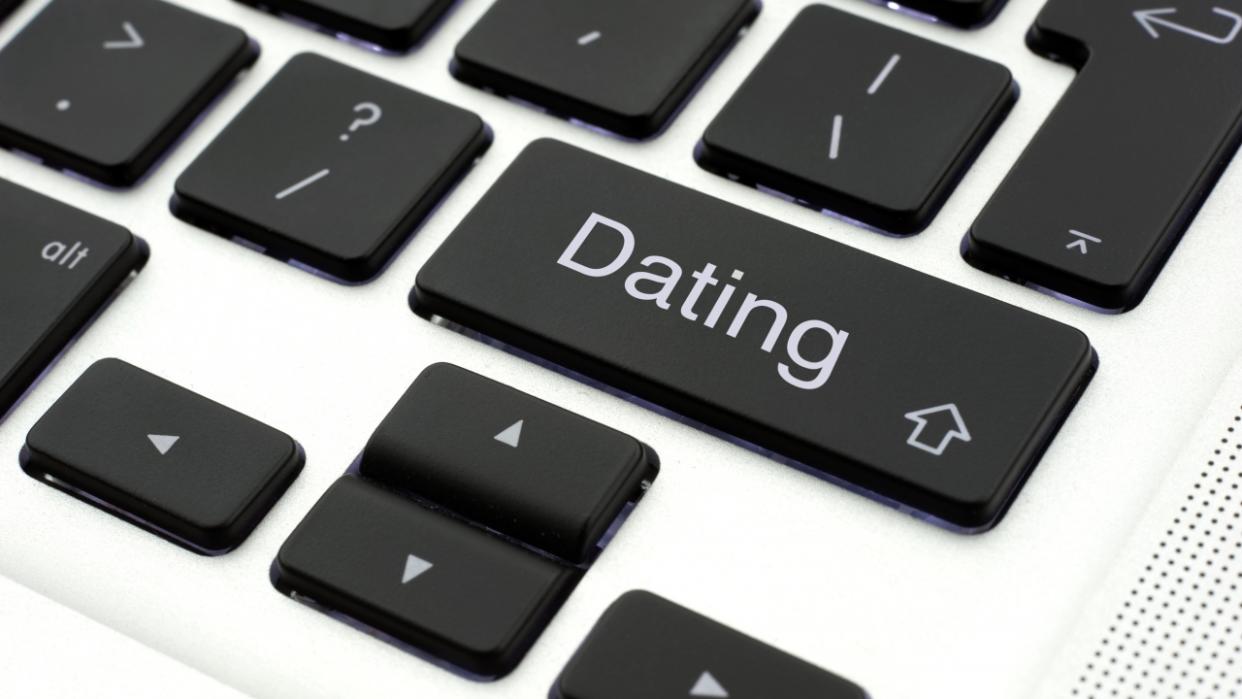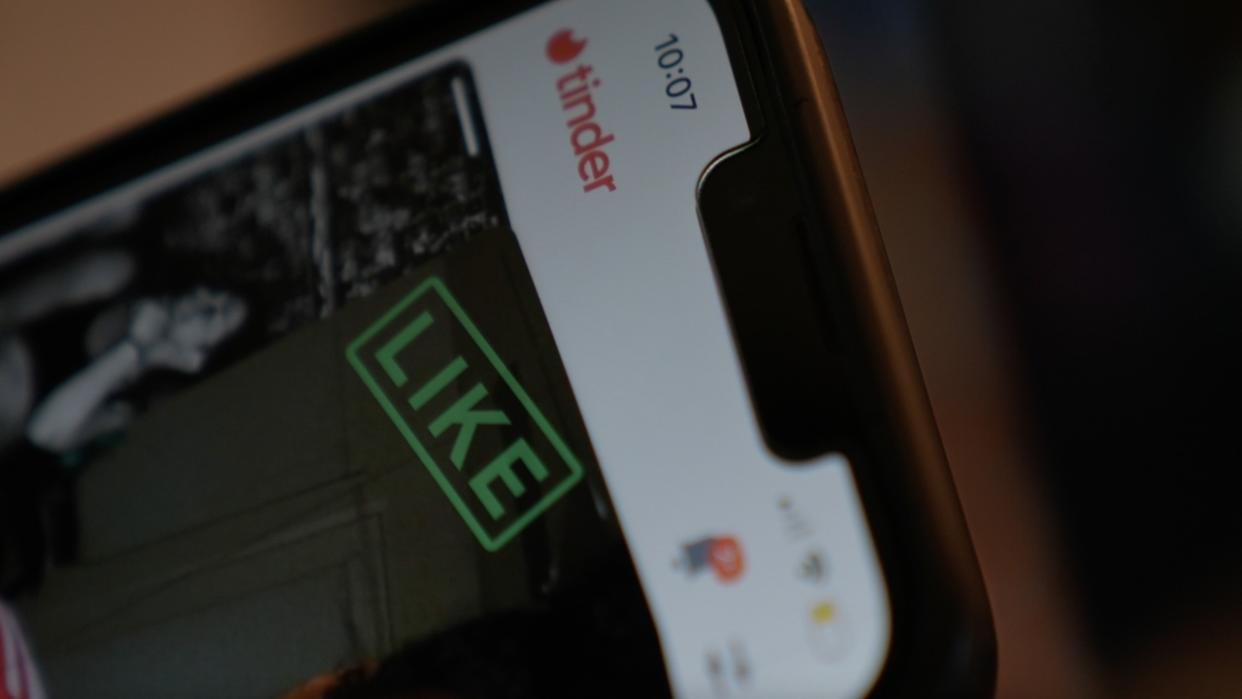Bumble won't require women to make the first move on its app anymore
The timeline of online dating has had some clear stages: There were mail-order bride catalogs and dating chat-rooms, then websites like Match and eHarmony, all ultimately leading us to today's era of app-based dating (which almost needs a sub-timeline just for itself).
With each stage, the top players had something unique to set themselves apart from the next, like the religious-specific Christian Mingle or sexuality-specific Grindr. When Bumble launched in 2014, its trademark was being women-first, allowing only female users to send the first message to their heterosexual match under the guise of "giving women more control of their dating lives."
But what happens when the app leaves its defining trait behind? Will it match up — pun intended — to its biggest competitor, Tinder? It appears the company wants to test the question.

Frustrated with dating apps, more are trying in-person speed-dating
On Tuesday, Bumble announced a relaunch of its app "identity" along with a set of new features, including one that opens the door for a man to initiate a conversation with his female match for the first time.
The feature, called Opening Moves, allows women to add a recommended or original prompt question to their profiles to which their male match can respond, serving as a first message in the conversation. (For non-binary and same-sex matches, either person can set or respond to an Opening Move prompt.) It says testing revealed the feature increases chat initiation, reply rates and length of time spent in conversation.
Bumble is presenting the change as an expansion of its "first move requirement" that gives women "even more choice" in how their connection is made, according to a press release. But the feature is a major switch from its original rule that required a woman to send the first message within 24 hours or the match would expire.
However, Bumble said 46% of its surveyed users said having additional ways to start a connection would improve their app experience, so it decided to shift from a "fixed approach."
"We have always believed that when you make dating better for women, you make it better for everyone," said Lidiane Jones, CEO of Bumble. "In listening to our community, many have shared their exhaustion with the current online dating experience, and for some, that includes making the first move."

Mental Health
Are dating apps bad for your mental health?
The app's relaunch also adds "Dating Intentions" profile badges like "fun, casual dates" or "life partner," an increase in the minimum number of photos required on a profile, an advanced "For You" algorithm and a new logo and app design.
Bumble's new chapter comes just months after its founder, Whitney Wolfe Herd, stepped down as CEO, and Jones, the former CEO of Slack, took over. As earnings came well below expectations and stocks plummeted, Jones cut 30% of Bumble's workforce.
But the app isn't alone in the trenches of the dating app world; multiple studies have reported the platforms as a whole may be losing their appeal. One study from Axios and research firm Generation Lab found 79% of college and graduate students in the U.S. say they don't use any dating apps due to preferring in-person connections.
Plus, there have been links between dating apps and poorer mental health, including a 2021 survey that found anxiety and depression symptoms were connected to how much a participant used a dating app.
Still, some statistics are related to how much dating matters to a person, and the industry still is seen as a popular one, with nearly 30% of American adults still using dating apps or websites, per one report.
